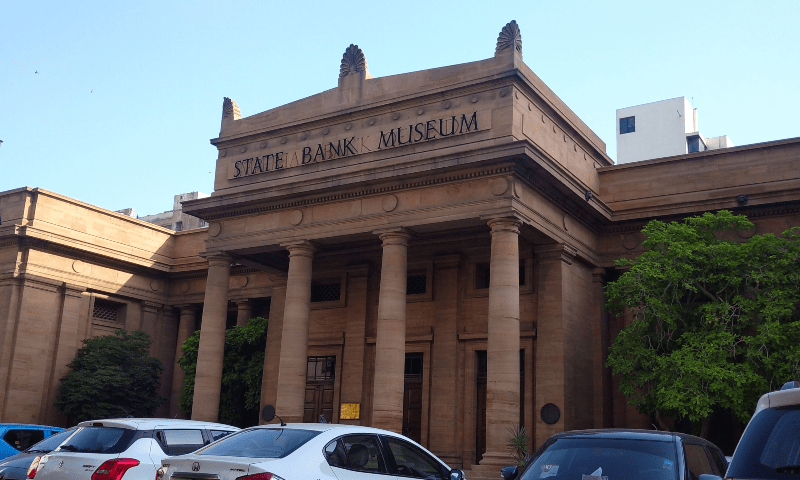
[ad_1]

The State Bank of Pakistan (SBP) announced on Monday that it had decided to cut its key policy rate by 250 basis points (bps) to 15 per cent from 17.5pc amid demands for a major rate cut.
“At its meeting today, the Monetary Policy Committee (MPC) decided to cut the policy rate by 250 basis points to 15 per cent, effective from November 5, 2024,” the SPB said in a statement, adding that Committee noted that “inflation has declined faster than expected and has reached close to its medium-term target range in October”.
It highlighted that a “sharp decline in food inflation, favourable global oil prices and absence of expected adjustments in gas tariffs and PDL rates” accelerated the pace of disinflation recently.
Most analysts had believed that the central bank would reduce its policy rate by 200 basis points in its meeting, marking the fourth consecutive cut since June, thanks to a decline in inflation, a low current account deficit and higher remittances.
Inflation numbers for October clocked in 7.2pc. The headline inflation, measured by the Consumer Price Index (CPI), had slowed to 9.6pc in August, the first single-digit reading in more than three years.
Inflation crossed 10pc in November 2021 and then remained in double digits for 33 consecutive months until July 2024. In between, it peaked at 38pc in May 2023.
To counter inflationary pressure, the SBP had gradually raised its policy rate from 7pc in August 2021 to a peak of 22pc by April 2023, in an effort to curb inflation. Since then, the rate has been lowered to 17.5pc as inflation began to ease.
In a survey conducted by Topline Securities, the brokerage firm noted that 85 per cent of market participants expected that the central bank would announce a minimum rate cut of 200 basis points.
“We believe that the larger rate cut expectations in the upcoming monetary policy meetings are driven by the single-digit inflation reading of 6.9pc in Sept 2024,” the firm said.
Consequently, it believed that SBP will continue to keep a positive real rate in the range of 300 to 400 bps in medium term in order to absorb any external and budgetary shock.
[ad_2]
Source link






